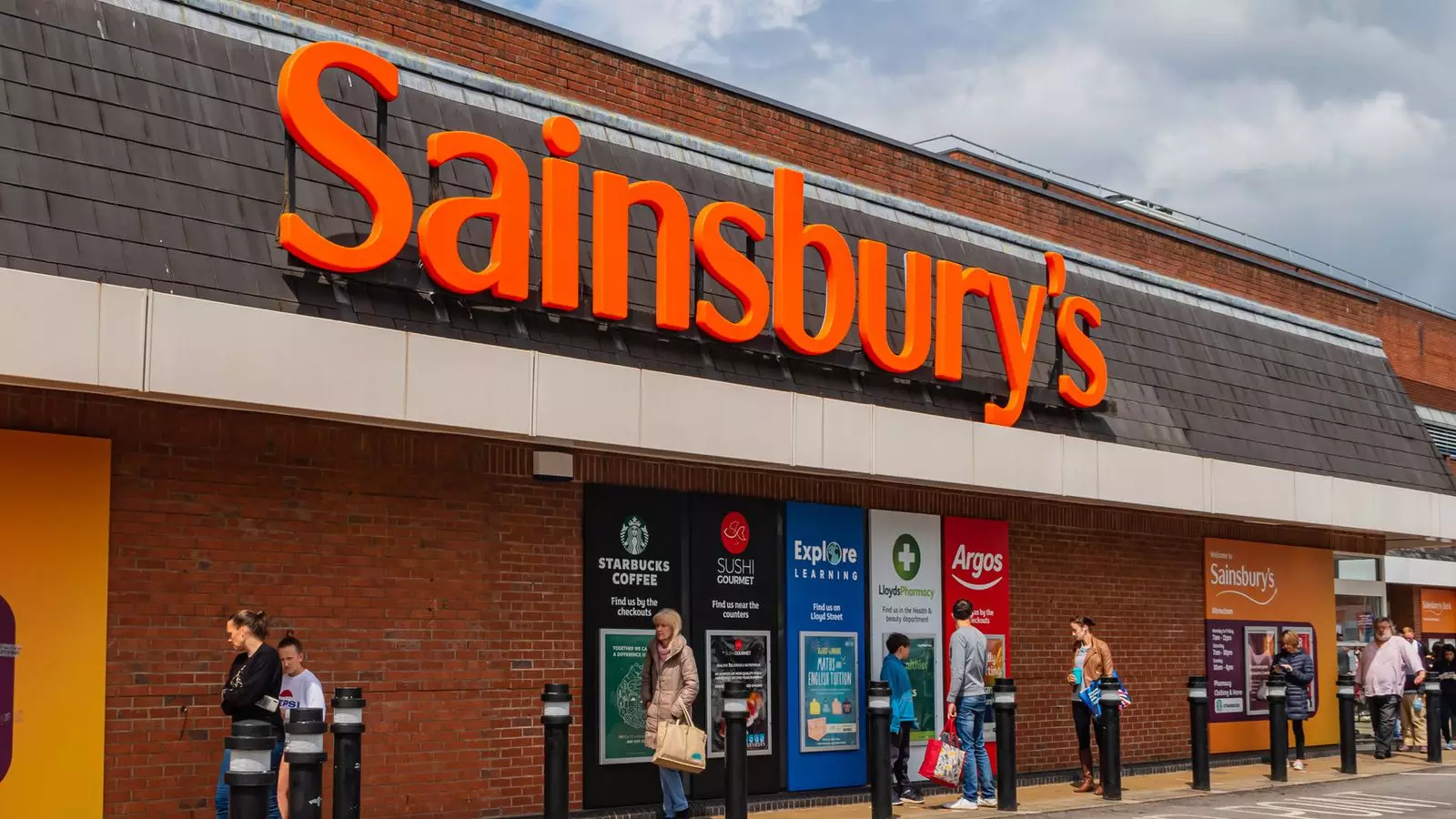Sainsbury’s, one of the UK’s leading supermarket chains, has announced a significant reduction in its workforce, targeting over 3,000 jobs. This decision, framed as a necessary response to an increasingly challenging economic landscape, particularly highlights the company’s strategic shift amidst rising costs and changing consumer behaviors. The overhaul not only impacts head office staff and senior management but also indicates a substantial contraction in in-store operations, with the closure of 61 cafes and various food counters.
The decision to cut jobs has surfaced during a period of heightened financial strain for many retailers. Sainsbury’s Chief Executive, Simon Roberts, expressed the company’s dire situation, noting that tough choices had to be made to ensure efficiency and a stronger market presence. The closures of cafés and food counters reflect a broader trend where businesses are required to adapt to fluctuating consumer demands and cost structures, which have been exacerbated by recent economic changes. This move can also be viewed as part of Sainsbury’s “Next Level strategy,” aimed at enhancing operational effectiveness and improving overall business performance.
The closures of cafes, described by the company as no longer frequented by the majority of their customer base, signal a shift in consumer preferences. As shopping patterns evolve, businesses like Sainsbury’s must reconsider their in-store offerings. Notably, the closures will affect locations across the UK, from Devon to North Wales, demonstrating a widespread restructuring effort.
Sainsbury’s has cited a challenging cost environment as a driving force behind these job cuts. The company faces an impending tax burden that could have severe implications for its financial health. The anticipated increase in employer national insurance contributions alone will add an annual cost of £140 million, placing additional pressure on profit margins.
This decision comes despite recent pay increases granted to store workers, highlighting a dissonance in corporate strategies. The substantial pay rises, aimed at attracting and retaining frontline staff in a competitive market, are overshadowed by the looming layoff announcements. Critics may argue that this dual approach fails to reconcile the company’s moral obligations to its employees while navigating the fiscal challenges it faces.
The announcement has prompted significant criticism from labor unions and industry observers, with Unite’s national officer for food denouncing the layoffs as “corporate greed.” This sentiment underscores the ongoing tension in retail and broader sectors, where companies are often viewed as prioritizing profits at the expense of loyal workers. The pushback from unions suggests that there is an expectation for corporations to balance business interests with ethical responsibilities toward their employees.
Industry analysts are similarly concerned about the broader implication of such job cuts on the retail landscape. With Sainsbury’s employing around 148,000 individuals, the potential loss of over 3,000 jobs poses a risk not only to those directly impacted but also to the local economies reliant on these positions. These decisions can exacerbate the existing woes in retail, where higher costs are increasingly affecting job security.
The Broader Economic Debate
The government’s economic policies, particularly the controversial tax increases outlined in the recent budget, have come under fire for their role in exacerbating the difficulties faced by businesses. The government has maintained that these measures are necessary to stabilize the economy following previous administrations’ financial mismanagement. However, many critics, including influential business leaders like Roberts, have warned that these increased costs might lead to adverse consequences, such as rising consumer prices and greater unemployment.
The economic debate encapsulated in this situation highlights the complexities of managing growth while addressing fiscal responsibilities. As Sainsbury’s navigates these turbulent waters, the outcomes of these strategic choices will not only shape the future of the company but could also serve as a benchmark for the retail sector’s resilience in the face of economic adversity.
As Sainsbury’s embarks on this challenging path, the effects of these layoffs and operational changes will resonate beyond the immediate impact on jobs. They represent a litmus test for how established retail giants can endure in an era characterized by volatility and uncertainty. Ultimately, Sainsbury’s decisions illuminate the ongoing struggle between maintaining a viable business model and fulfilling a social contract with its workforce in a rapidly changing economic landscape.


Leave a Reply